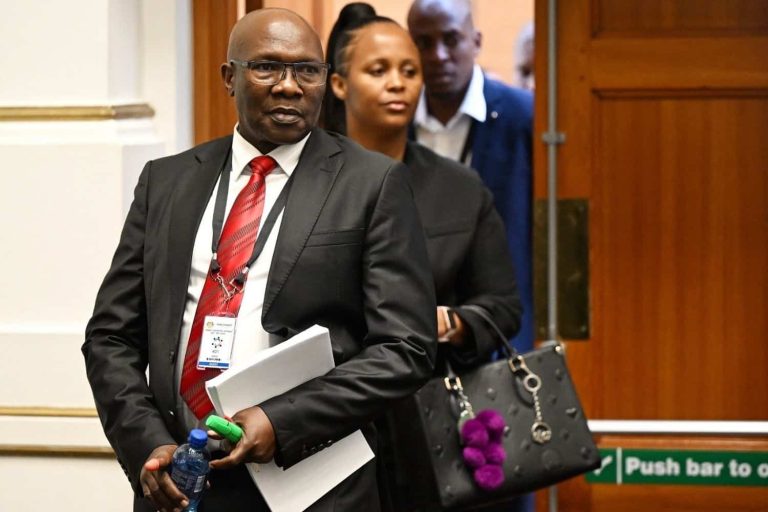
The Academic Staff Union of Universities (ASUU) has faulted the Federal Government’s last-minute appeal to suspend its planned warning strike, describing it as “coming a little too late.”
ASUU accused the government of chronic sluggishness and insensitivity to the plight of university workers, saying officials only reached out two working days before the expiration of the union’s strike ultimatum.
“The problem we have with this government and this Ministry of Education is that they are slow in responding to our demands,” ASUU President Chris Piwuna said on Channels Television’s breakfast programme, The Morning Brief, on Thursday.
“We went for a meeting in Sokoto when we were about to embark on a strike. They gave us three weeks, we accepted it — but we never heard a word from them until the three weeks elapsed. No courtesy, no follow-up, nothing — until we threatened action.
“Yesterday, they appealed to us not to embark on the strike. But our 2009 agreement, which is still being renegotiated after eight years, remains unresolved. Two working days before strike action, you come to appeal to us? I think the appeal has come a little too late.”
ASUU Ultimatum Expires Sunday
Dr. Piwuna warned that the union would proceed with its warning strike once the current ultimatum expires on Sunday, unless the government takes “substantial and immediate action.”
“Our ultimatum expires on Sunday, and after that, there will be a warning strike unless something concrete comes from the government,” he said.
“We expect to receive something substantial within the next 48 hours. If that happens, we’ll take it back to our members to decide whether it is sufficient for us to hold on.”
Background: ASUU’s 14-Day Ultimatum
On September 29, ASUU issued a 14-day ultimatum to the Federal Government, warning of an impending strike over what it described as continued neglect of the university system and failure to fulfil long-standing agreements.
In a statement following its National Executive Council (NEC) meeting, the union lamented the government’s “habitual disregard for education”, noting that both federal and state institutions had suffered prolonged underfunding.
“In August 2025, our members held rallies across campuses to demand action on the lingering issues, yet nothing came out of it,” ASUU said.
“It is now clear that both federal and state governments have developed a strong habit of paying little or no attention to the education sector in general, and to the welfare of university academics in particular.”
FG’s Late Appeal
In a news conference on Wednesday, Minister of Education Dr. Tunji Alausa appealed to ASUU to shelve its planned industrial action, assuring that the government was committed to addressing all outstanding issues.
He explained that the Mahmud Yayale Ahmed Federal Government Tertiary Institutions Expanded Negotiation Committee had been reconstituted and inaugurated to fast-track dialogue with academic and non-academic unions across universities, polytechnics, and colleges of education.
Dr. Alausa also disclosed that President Bola Tinubu had directed the ministry to ensure that no further disruption occurs in Nigeria’s tertiary education sector.
“The Federal Government is committed to resolving all lingering issues with the unions. Progress is being made in the ongoing negotiations, and we appeal for patience,” he said.
With less than 48 hours before ASUU’s deadline expires, tension is mounting across campuses nationwide as both sides make last-ditch efforts to avert another shutdown of Nigeria’s public universities — a crisis that has become all too familiar to students and parents alike.



